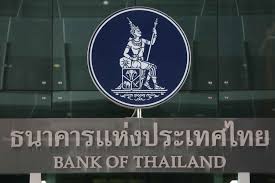
The Bank of Thailand is allowing greater flexibility for non-resident companies to conduct foreign exchange transactions against the baht with domestic financial institutions under the non-resident qualified company (NRQC) scheme.
The move is an attempt by the central bank to liberalise onshore regulations related to capital flows and forge a new foreign exchange ecosystem, seen as part of the effort to stem baht appreciation.
Non-financial companies that have trade and direct investment in Thailand and participate in the NRQC scheme are entitled to the following benefits.
The first is companies can manage currency risks related to the baht more freely without having to provide proof of underlying for each transaction. The scope of eligible underlying transactions has also been broadened to include anticipatory hedging and balance sheet hedging.
The second benefit is more flexibility in managing baht liquidity without being subject to the end-of-day outstanding limit of 200 million baht imposed on non-resident baht accounts.
As the NRQC scheme will facilitate non-resident companies engaging in foreign exchange transactions with domestic financial institutions more freely, the outstanding limit on baht liquidity that domestic financial institutions may provide to non-residents without proof of underlying has been reduced as this channel has become less necessary, said Vachira Arromdee, assistant governor of the financial markets operations group at the central bank.
Baht transactions conducted between non-residents in the offshore market surged to 61% in 2019 from 21% in 2010, with the remainder between banks and counterparties.